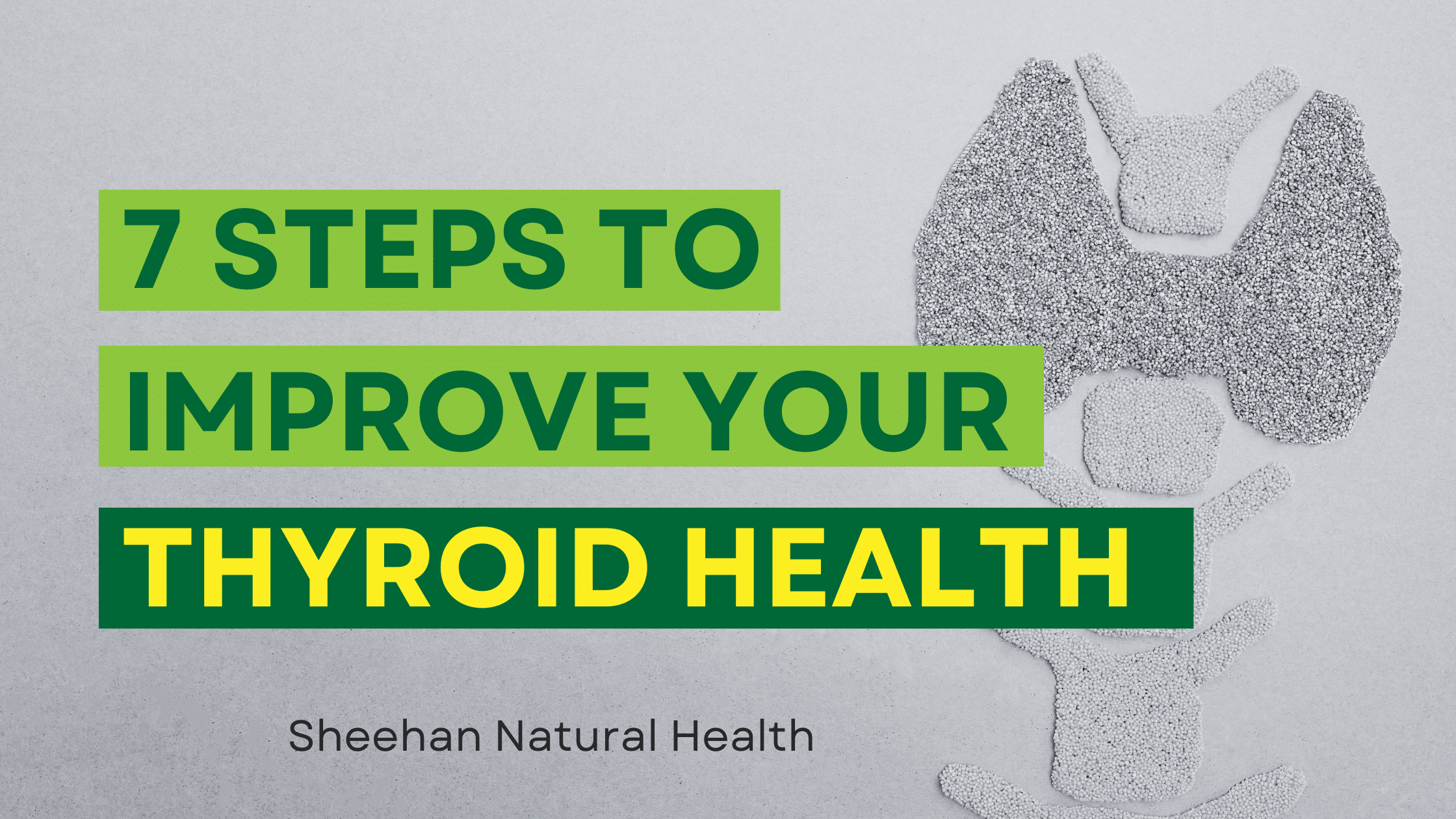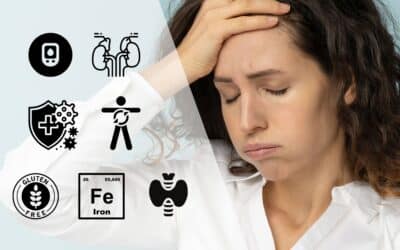Previously, I wrote about how to help your sleep naturally. However, I forgot to include some easy, almost common sense cures! Here they are:
- Cut your caffeine. It’s estimated that 50% of the population is sensitive to caffeine, often without knowing it. Try cutting caffeine (especially coffee) after 12pm. If you’re like me, and you love an afternoon cup of coffee, substitute green tea, or herbal tea (mint teas especially, since they are relaxing). Green tea has a small amount of caffeine, but doesn’t seem to affect sleep like coffee. If you think you’re extra sensitive to caffeine, try cutting it out altogether.
- Cut down artificial light. Melatonin is the primary sleep hormone. Artificial light, especially blue light, disrupts its production in your brain. Computers, phones, iPads, Kindles, Nooks, and televisions are particularly bad. You can do two things about this: turn off those sources of artificial light when it gets dark or get blue light blocking glasses to wear once it gets dark outside. Uvex and Solar Shield are two popular, inexpensive brands. This really helps, plus you’ll look cool while wearing them!
- Try eating more carbs at dinner. The pineal gland makes melatonin out of tryptophan. As a result, this gland controls the body’s circadian rhythm. Carbs increase tryptophan’s access to the pineal gland. I recommend eating carbs like fruit and root vegetables(such as sweet potatoes), not grains and processed sugars (both of which aggravate autoimmune conditions and other health concerns in the body). 30-40 grams of carbs should do it.
- Keep your bedroom as dark as possible. Even small amounts of light disrupt sleep patterns and melatonin production. Try using black out shades.
- Keep your bedroom cool. During sleep, your core temperature drops. Encourage this by keeping your bedroom below 68 degrees.
- Try to actively relax during the day. Stress hormones discourage sleep. Relaxation lowers overall stress hormone levels in the body. Just 15 minutes of yoga, meditation, deep breathing, or some other relaxation technique helps immensely. I like to practice deep breathing every afternoon for 15-20 minutes.
- Get outside during peak sun hours, even in the winter! Natural light helps reset your circadian rhythm. Try and get outside every day.
- Exercise during the day. Exercise lowers stress hormones at night, encouraging sleep.
- Keep a to-do list. Write everything you have to do the next day in a journal, notepad or whatever. Writing it down helps to get it out of your head so that you can sleep better.
- Keep a grateful log. Write down 3 things you are grateful for. I also find it helpful to write down the things I got to do that day that I enjoyed. Emphasizing the positive really helps change your mindset long-term.
Try these out. I confess I don’t do them all, just he ones that are easiest for me to do. You can do the same. Just keep trying each one on the list until you sleep like a baby. If you still have trouble, see the first article that I wrote on sleep.




